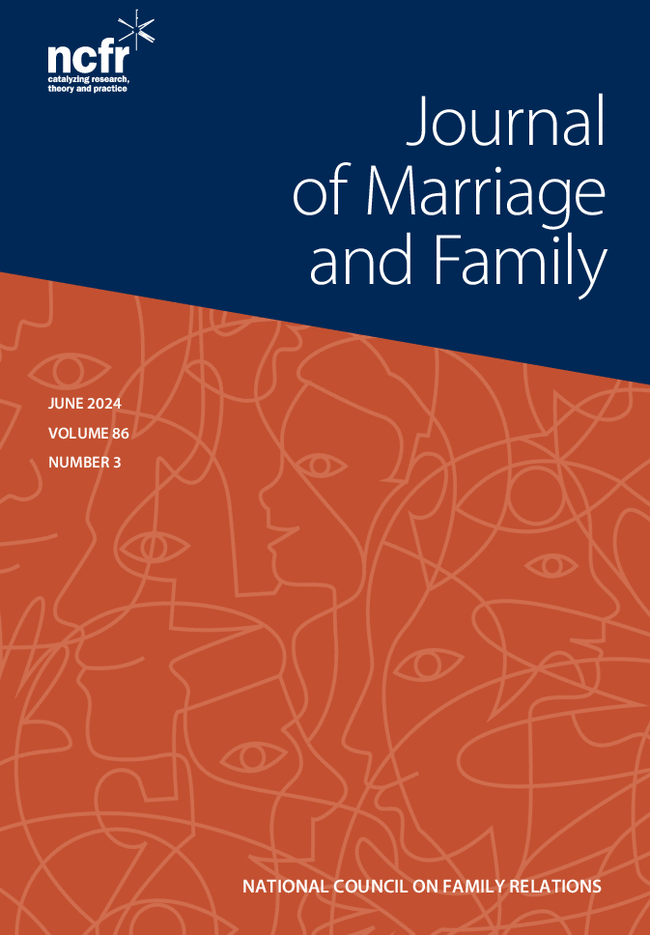Beyond motherhood: Childless Black women and compulsory mothering
Abstract
Objective
The current study asks how race, class, and the social pressure to care for children who are not one's own impact how childless Black women experience and make meaning of their parental status.
Background
While much of the existing qualitative research on childlessness has asked how white, middle-class women experience social pressure to have children, this study shifts this focus to ask how Black women experience social pressure to care for children who are not their own.
Method
The study relied on virtual interviews with 40 class-diverse childless Black women between 40 and 55. The recruitment strategy utilized a mixed-method approach, including snowball sampling, online and physical advertising, and targeted outreach within online communities for Black women. Interviews were transcribed and iteratively analyzed to identify thematic codes and categories.
Results
The study identifies and terms “compulsory mothering” as a significant social pressure that leads childless Black women to assume caregiving roles within their kin networks, regardless of their parental status. This pressure is more pronounced among working-class women, who engage more extensively in these roles compared to their middle-class counterparts, highlighting how race and class intersect to shape their experiences of childlessness.
Conclusion
The study concludes that race and class influence women's experiences of childlessness. It also finds that childless Black women's relationships with their kin networks shape their experiences of childlessness and their reproductive preferences.

 求助内容:
求助内容: 应助结果提醒方式:
应助结果提醒方式:


